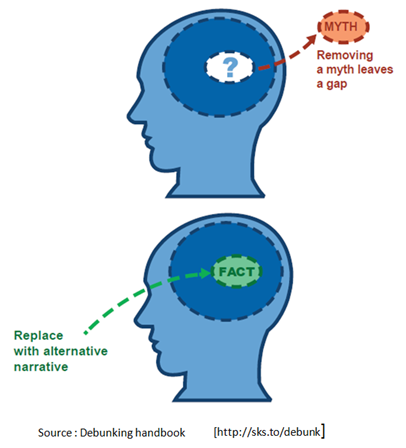Submitted by L.I. Abraham on Mon, 05/07/2021 - 13:26
Professor Richard Fenner was awarded the Leo Jansen Best Paper award at this year’s Engineering Education for Sustainable Development conference. Leo Jansen (1934 – 2012) was a chemical engineer, corporate researcher and planner, politician and professor.
Professor Fenner’s paper, ‘Engineers as advocates for Sustainable Development: countering misinformation and the need for Aristotelian Rhetoric’, reviews how misinformation can have devastating consequences that go to the heart of our ability to take action on Sustainable Development issues and argues that engineers need to act as advocates for sustainable development, by identifying and combatting fake news and misinformation. The paper presents a number of classroom exercises where students are encouraged to develop these skills.
Upon receiving the award, Professor Fenner said:
“I’m humbled by this recognition. This award has special resonance as I knew Professor Jansen from the early years of the EESD community. He was a regular and generous contributor to the ESD MPhil and a wonderful colleague.”
Professor Fenner’s paper is available to view at the Cork Open Research Archive: Engineers as advocates for Sustainable Development


